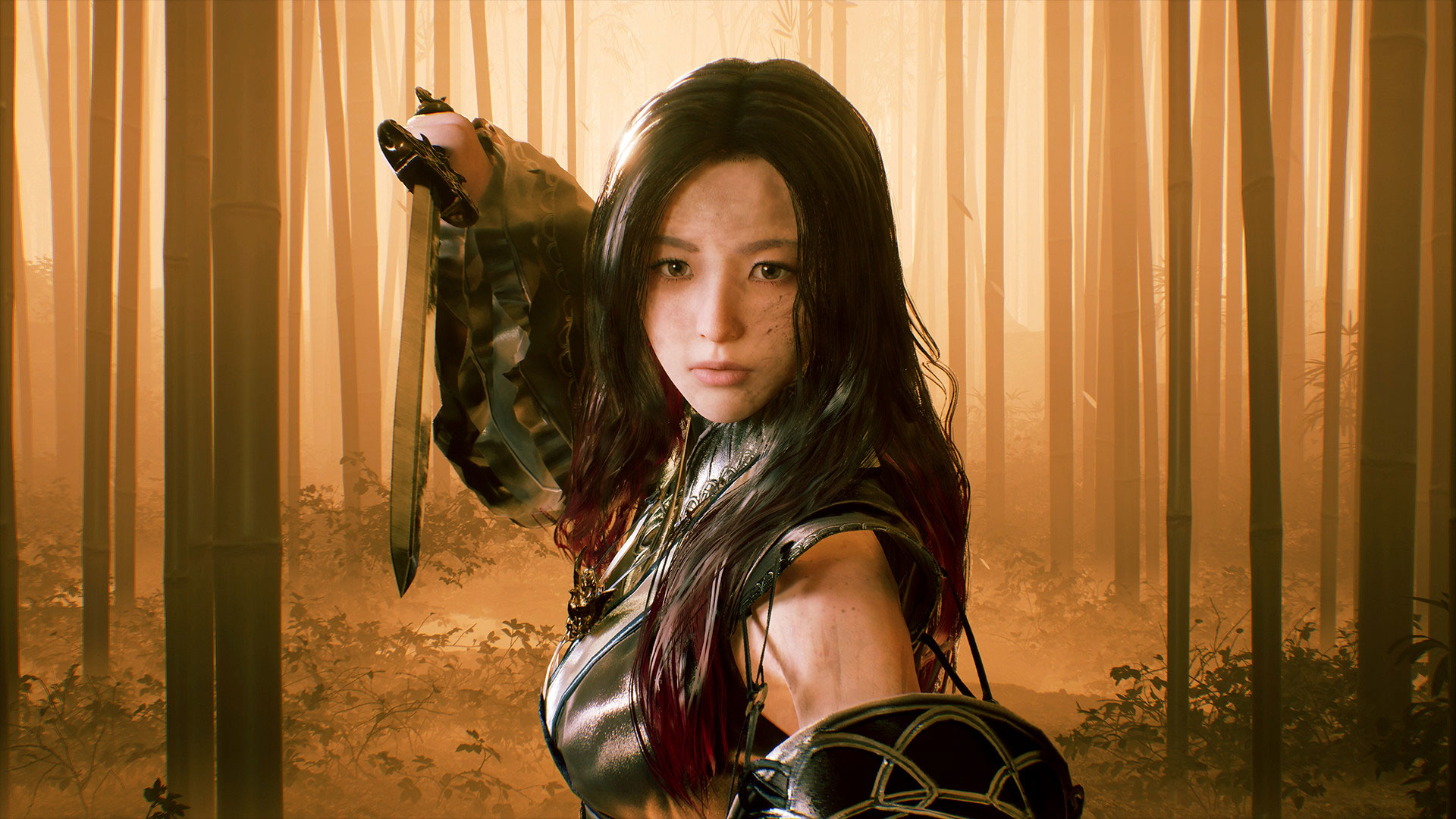
Games made in China are steadily booming in popularity all over the world, and Phantom Blade Zero's producer reckons cultural differences are working in their favor.
After Black Myth: Wukong's billion-dollar success, Phantom Blade Zero is the next Chinese spectacle fighter hoping for a similar reception worldwide. It's an upcoming kung-fu action game with blisteringly fast sword-swinging reminiscent of Sekiro, expensive setpieces that'd make Nathan Drake blush, and hulking bosses - but, despite the surface similarities, it's not another Soulslike.
But developer S-Game's CEO Liang Qiwei doesn't think the game has to pull from these more familiar sources to find success with global gamers. The opposite might be true, actually.
Speaking to 4Gamers in an interview transcribed by Automaton, Qiwei notes that Black Myth: Wukong "had a much higher hurdle to overcome in terms of culture" as it was essentially adapting one of the most classic Chinese novels of all time: Journey to the West, which on paper could have led to "players not understanding the cultural background."
But Qiwei also thinks that developing a "high quality" game can turn those cultural differences into "an advantage, not a disadvantage" because "players will perceive unfamiliar themes as something fresh."
"The reason we Chinese players know about Western and Japanese culture is because we had very entertaining Western and Japanese games as an entry point. We gradually became accustomed to them," Qiwei continues. "I doubt Chinese players knew much about Japanese samurai at first, and I don't think they were especially interested in them. But because there were so many good games about them, they're now basically recognized as a pop theme. So, to repeat, if the game itself is interesting, the sense of its themes being foreign can be an advantage, rather than a barrier. I think it’s a very strong plus that draws in more players."







